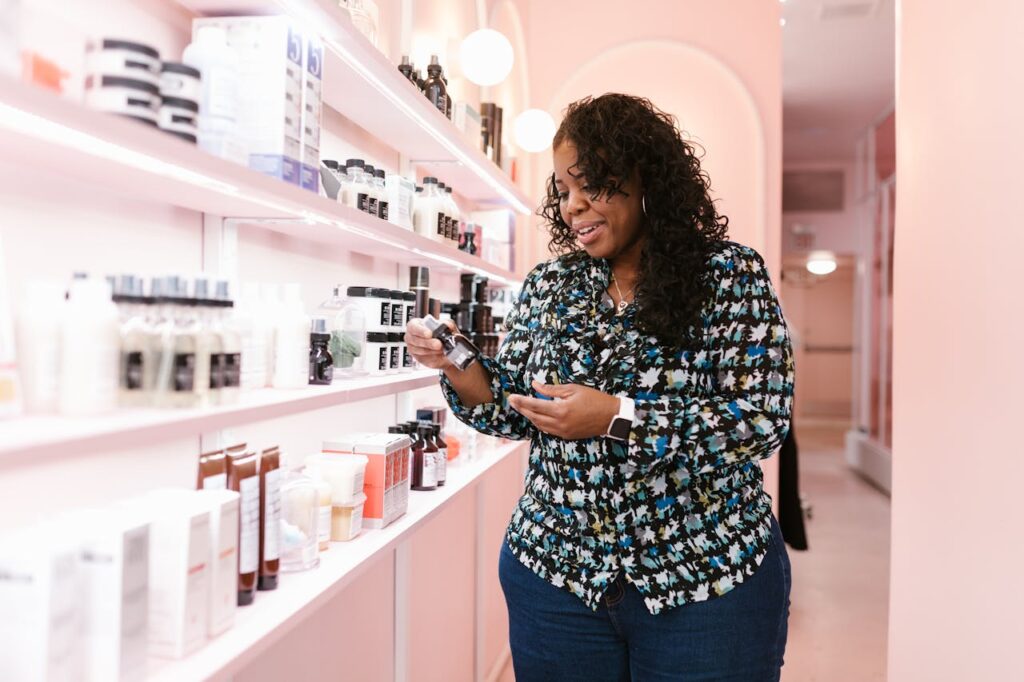
When Self-Care Turns into Overconsumption: Strategies for Balance

Self-care is crucial for physical and mental well-being, but it can be unhealthy if excessive — leading to overconsumption. Overconsumption involves buying unnecessary products, being sustainably irresponsible and generating waste. If you notice your need for mindfulness and balance contributes to environmental harm — it’s time to reevaluate self-care techniques.
Understanding Self-Care
Self-care is a set of behaviors focused around promoting health, establishing holistic well-being and managing illnesses when they occur. It helps you focus on making healthy life choices, avoiding unhealthy habits and monitoring your body and mind’s needs. Everyone engages in self-care, from beauty products to exercises, sleep, hygiene and food choices.
The Rise of Consumerist Self-Care
While self-care should be a practice of self-awareness, well-being, mindfulness and mindful habits, commercialism has transformed it into pursuing external validation — often by promoting products that seem like the solution. With an influx of brands, various ingredients and choices — self-care can seem challenging.
About 82% of Americans prioritize wellness and incorporate it into their daily lives. Early self-care focused on physical and mental health through eating well and exercising. This holistic approach focused on recognizing the link between your mind and body, monitoring and not neglecting emotions by connecting with loved ones, finding a higher purpose that promotes spiritual meaning, giving your body adequate sleep and exercise, as well as budgeting to ensure financial stress doesn’t lead to mental and physical ailments.
As time progressed, the wellness industry gained momentum and social media platforms gained praise — especially after the pandemic — because consumers wanted products offering a quick release from stress and anxiety. Consumers’ need for skin-care products and mental health services increased. Self-care has since evolved from a focus on health management to a commercialized industry offering a range of services and products to promote your well-being.
The influx of products and services has damaged the environment through packaging waste, unsustainable ingredients and fast-fashion wellness apparel. Millennials and Gen Z consumers are the highest spenders, but they’re also the most sustainably conscious buyers. Consumers have seen the trend and are ready to make the changes needed to preserve the economy.
Signs Your Self-Care Has Become Overconsumption
Self-care indulgence can become an issue when you’re neglecting healthy eating, spending too much time on social media, missing time with loved ones because your skin-care routine is time-consuming or you’re putting financial strain on yourself to buy the best products on the market. If you’re exhausted after completing activities intended to relax you — your care methods have become overconsumption.
Here’s an in-depth view of how self-care can become overconsumption:
- Accumulating Unused Products: You’re using multiple products and not finishing the bottle, contributing to wastage. You’re also using products that aren’t environmentally friendly. In the cosmetic industry, 90% of products contain nano plastics that don’t degrade.
- Financial Stress: You’re putting yourself in debt to buy a new product you’re hopeful will help you, but it causes mental strain because you can’t afford to buy it.
- Burnout: You feel pressured to keep up with the latest trends and buy unnecessary products.
- Disconnection: Self-care becomes a chore or a status symbol — taking you away from what matters to you.
- Bed-Rotting: You believe staying in bed all day is a form of self-care, but it can lead to isolation and depression.
Sustainable Care Alternatives
Returning to the basics is the ideal way to start over — you’re not starting from scratch, but from experience. Remember why you invest in your own care — it’s to benefit you mentally, spiritually, physically and emotionally. Practice routines that are eco-friendly and low-consumption.
- Mindful Consumption: Prioritize quality over quantity by using multi-use and refillable products. Focusing on sustainable personal care and hygiene helps prevent germs and diseases, reduce infection risks, and increase self-esteem. Investing in eco-friendly products also contributes to a sustainable environment.
- Take a Walk: Step outside for 15 to 30 minutes to reduce your stress levels naturally.
- Digital Detox: Reduce your screen time for mental clarity. Focus on nature and its calming effects to improve your focus and mental well-being. You can also journal or meditate to calm your stress levels.
- DIY Products: There’s nothing wrong with supporting businesses focused on providing products designed to help you and the environment, but you can also create your own skincare products by using natural ingredients, like tea tree oil, which is gentle on the skin.
- Community Care: Spend some time with loved ones. Social support fosters a sense of belonging, which can help you de-stress faster than lying in bed alone all day.
How to Reset Your Care Routine
Returning to holistic methods is the first step to resetting your self-care routine. You must master the technique until it becomes a habit and lifestyle. Take practical steps to transition from overconsumption to intentional self-care.
Here’s how to start:
- Audit Your Habits: Track spending and usage of self-care items. If buying the product puts you in debt — find an alternative.
- Set Boundaries: Unsubscribe from marketing emails and avoid impulse buys.
- Improve Your Diet: If you change what you eat, you change how you feel. Several foods improve your mental and physical well-being. Start with incorporating a warm cup of tea into your day.
- DIY Solutions: Rechannel your focus to researching how to make home-made products that are eco-friendly and good for your mind and body.
- Support Ethical Brands: If you must buy a product, choose affordable ones whose brands support local trade and the environment.
There’s Hope To Reset Your Mindset
If you’ve overconsumed self-care methods, there’s hope to reset your mindset. Reinforce the balance between care and sustainability. Find methods to support your well-being by providing mental and physical nourishment. Proper self-care allows you to care about your mental, emotional and physical health while supporting eco-friendly methods.



Post a comment